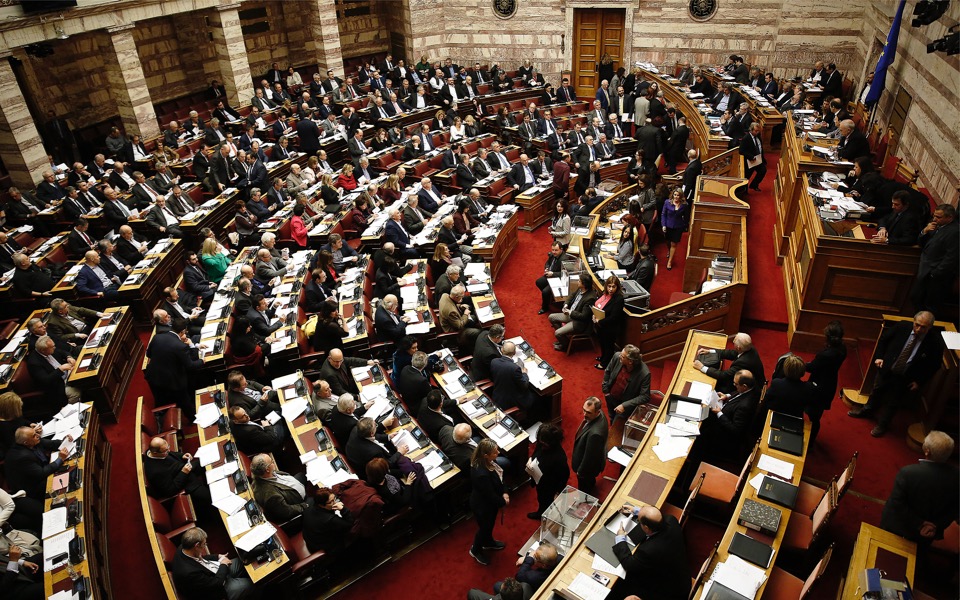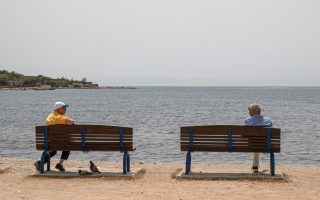Calm waters

Greece’s political culture warrants that the opposition always issues some “bold” rejection of government policy on foreign policy issues, even when they actually agree on it behind closed doors. Having an opposition that consents to the administration’s decisions is considered to be unthinkable and, in some cases, self-destructive. This scenario has repeatedly played out in the past and I think the tradition is likely to continue in the foreseeable future.
Given the above, so far the quality of public debate on the crisis in Greek-Turkish relations and the maritime boundaries agreement with Egypt has not been that bad. And just to be clear, by “public debate” I do not mean the exchanges on social media, but the political dialogue held on an institutional level. Confrontation here has so far not exceeded the limits of the politically acceptable; and I hope it stays that way during the debate Wednesday in Parliament.
The government was careful not to create tension by, for example, casting light on the real events of 2018 when Turkey was out again staging its show in the Eastern Mediterranean. Meanwhile, the opposition made criticism of the conservative administration and, over-the-top as this may have occasionally been in some cases, it never crossed a line. Voting “present” on the Egypt deal was perhaps a way to duck SYRIZA’s inner-party problems, but it was also a way of avoiding unnecessary tension.
Greece will have to make crucial decisions in the coming weeks. A decision to engage in dialogue with Turkey will not be easy; and it will require a great deal of political capital to make it happen. A decision not to hold dialogue with the Turks will also not be easy and it will test our endurance.
Foreign policy decisions must be made on the basis of cold national interest – and nothing else. Politicians, being politicians, tend to take inner-party politics into consideration. Additionally, they examine whether the political cost of their decisions poses a threat to their political survival.
Amid these conditions, the role of the opposition is critical. Even more so in a country where nationalist populism tends to sweep away prudence and common sense. Our immunity to impulsive populism can be fragile.
Of course, as said earlier, all that concerns the debate between political parties. Because in the world of social media, criticism often comes in the form of a single-word attack. You are usually either a fascist or a traitor. There’s not much else on the menu.





